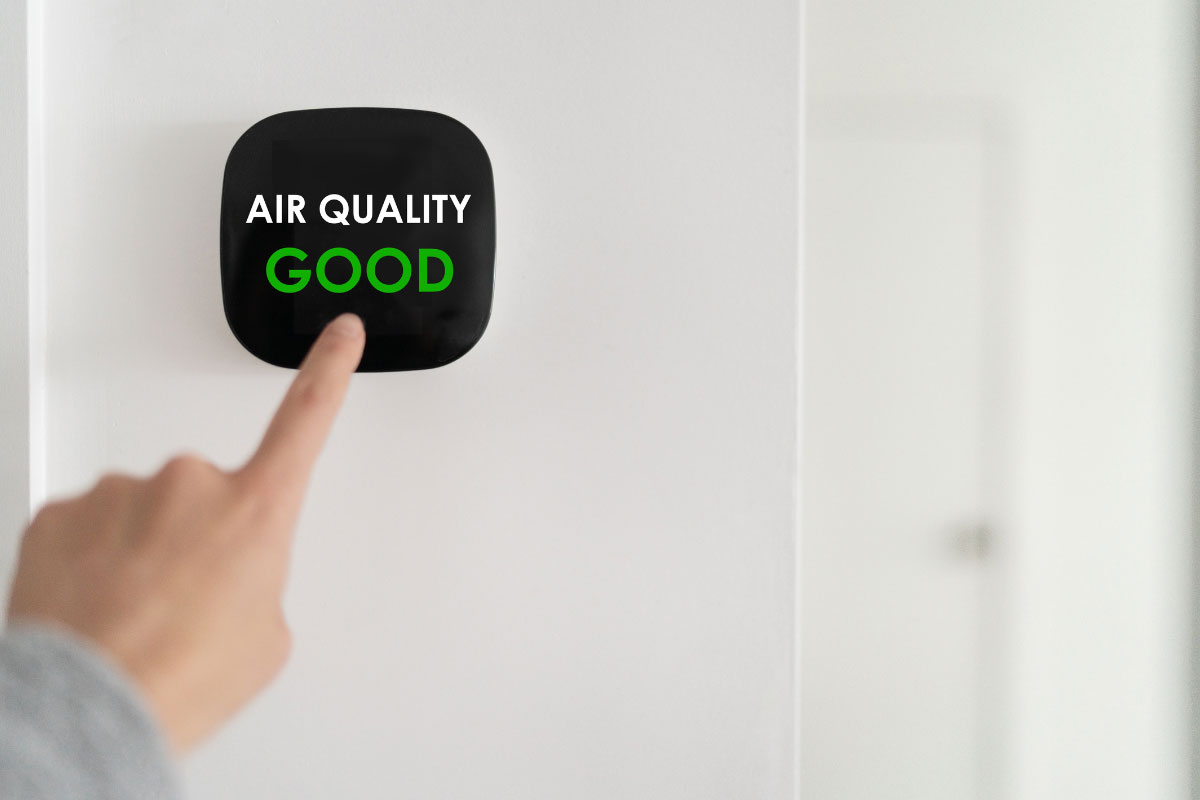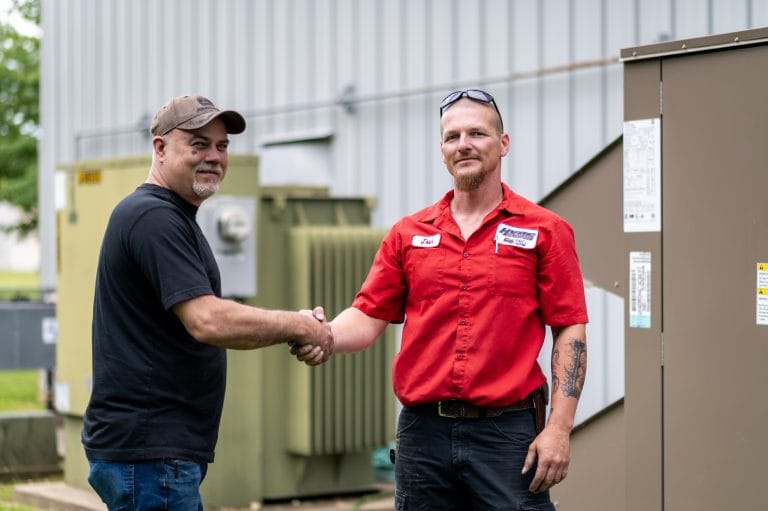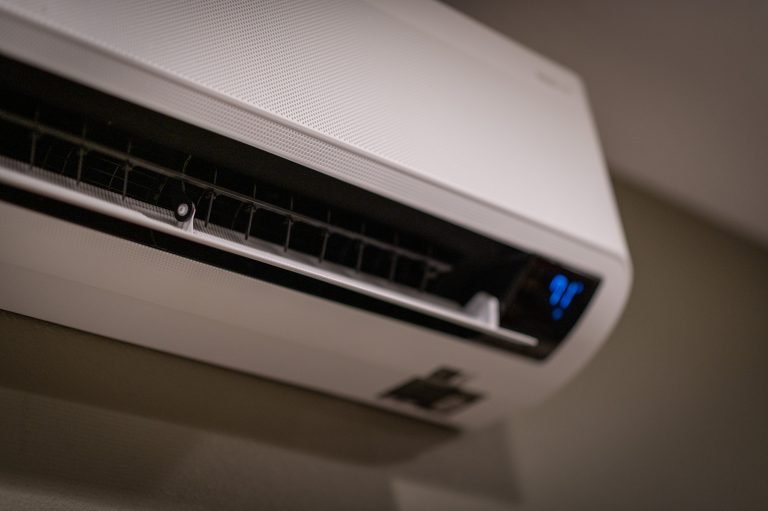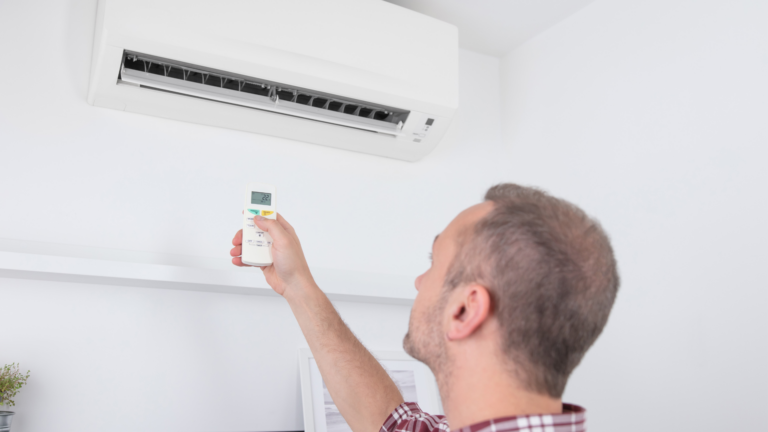What’s Up with the 2025 Refrigerant Mandate?
Heating and cooling technology improves every year. And with the introduction of new, more energy-efficient capabilities, older practices, equipment, and products are being phased out. And this may include the refrigerant used in the HVAC system in your home.
Some of these advances are more than technological improvements. One in particular is a government mandate to reduce our effect on the environment. The Environmental Protection Agency (EPA), tasked to help protect human health and the environment, released a regulation that affects all homeowners starting January 1, 2025.
So, what is the 2025 Refrigerant Mandate, and what does it mean for you?
What is the refrigerant in the HVAC system?
Before we get into the 2025 mandate, let’s look at what the refrigerant in your HVAC system is and what it does. The refrigerant in your HVAC system is a chemical compound that changes from gas to liquid to heat up and cool down your home. It “captures” the heat (in its liquid state) and sends it outside the house. As the refrigerant cools back down to a gas, air blows over the cooled coils and distributes cool air through your home.
This refrigerant is contained in a closed system, meaning it doesn’t need to be refilled or changed unless there is a leak. (NOTE: If you suspect a leak, do not try to repair it yourself. Contact HVAC Master to schedule a service call.)
What is the 2025 refrigerant mandate?
Governments worldwide are working to reduce global emissions and are spending billions of dollars in research to develop new ways to reduce the effect of greenhouse gasses in their countries. In 2020, the nations came together and agreed to do their part to help reduce greenhouse gasses.
One of the ways the EPA is looking to help reduce the impact of climate change and ozone depletion in the United States is through our home heating and cooling systems (a similar transition was made in home refrigerators and even newer cars).
Starting January 1, 2025, the EPA requires all new residential HVAC systems to use refrigerants with a lower GWP (Global Warming Potential) rating, like R-454B or R-32. Using these more environmentally friendly refrigerants will help lower greenhouse gas emissions and potentially improve the health of the planet. The goal is to phase down all refrigerants with high HFCs (hydrofluorocarbons) by 2036.
Most residential HVAC units in the United States currently use R-410A refrigerant or similar. These refrigerants have a high potential impact on the global ecosystem. All new homes and homeowners replacing existing systems will be mandated to switch to a more environmentally friendly refrigerant for their heating and cooling systems.
What does this mean for you, the homeowner?
If your HVAC system is working properly, you don’t really need to do anything right now. You can keep your system as-is until it’s time to replace it. Your heating and cooling system will be able to be maintained and repaired as normal. However, it will become more difficult to get parts and the cost of replacing parts will become more expensive as time goes on.
If your system is working properly, but you strive to live as green as you can and reduce your carbon footprint, talk to HVAC Master to see if retrofitting your system is possible. Depending on the age of your system, it may be more cost-effective to replace your system instead of retrofitting it to accommodate the new refrigerants.
A New HVAC System Will Cost More
If your HVAC system needs to be replaced after January 1, 2025, be prepared to pay more — up to 30% more than previous HVAC systems. But these new systems will come with greater safety features and use modern advances in technology and design, so there’s a trade-off.
HVAC Master understands that the need for a new heating and cooling system is rarely in anyone’s budget. And the good news is they provide affordable financing options to help you keep your home — and your family — in comfort year-round.
How can you prepare for the 2025 Mandate?
What are things you can do as a homeowner to prepare for the 2025 Refrigerant Mandate to help reduce the costs of a new system when it’s time?
Maintain Your Current System
If you’re not sure how much life is left in your HVAC system, contact HVAC Master to schedule a maintenance checkup. Your technician will estimate how much life is left in your current heating and cooling system so you can start preparing your budget for the replacement when it’s time. During the checkup, your technician will ensure everything is in good working order and ready to face the harsh cold of winter or the extreme heat of summer.
If you don’t already have routine maintenance of your heating and cooling systems scheduled, HVAC Master offers an affordable maintenance club, so you don’t have to worry about it. And a maintained system will often last years longer than one that isn’t regularly serviced.
Use Tax Credits and Local Rebates
When you do have to replace your HVAC unit, be sure you use all the available tax credits and local government rebates available to you. These rebates and credits can help offset a significant portion of your new system’s cost and may help you at tax time. Your HVAC Master technician can help guide you on which rebates and credits you may qualify for.
The 2025 Mandate Will Help Our Planet’s Future
While the 2025 Refrigerant Mandate will see an increase in costs for new HVAC systems, current systems will be able to be maintained and repaired for the foreseeable future. And when it’s time for a new HVAC system, you’ll get one that’s more efficient, better for the environment, and implements the latest technologies to keep your family in optimal comfort year-round.
If you have questions about the health of your current heating and cooling system or it’s time to upgrade to a new HVAC system, call the pros at HVAC Master. They’ll help you determine what your next steps should be to maintain your home’s environment. Remember, when HVAC Master comes to your home, they come with a tool bag, not a price sheet.










